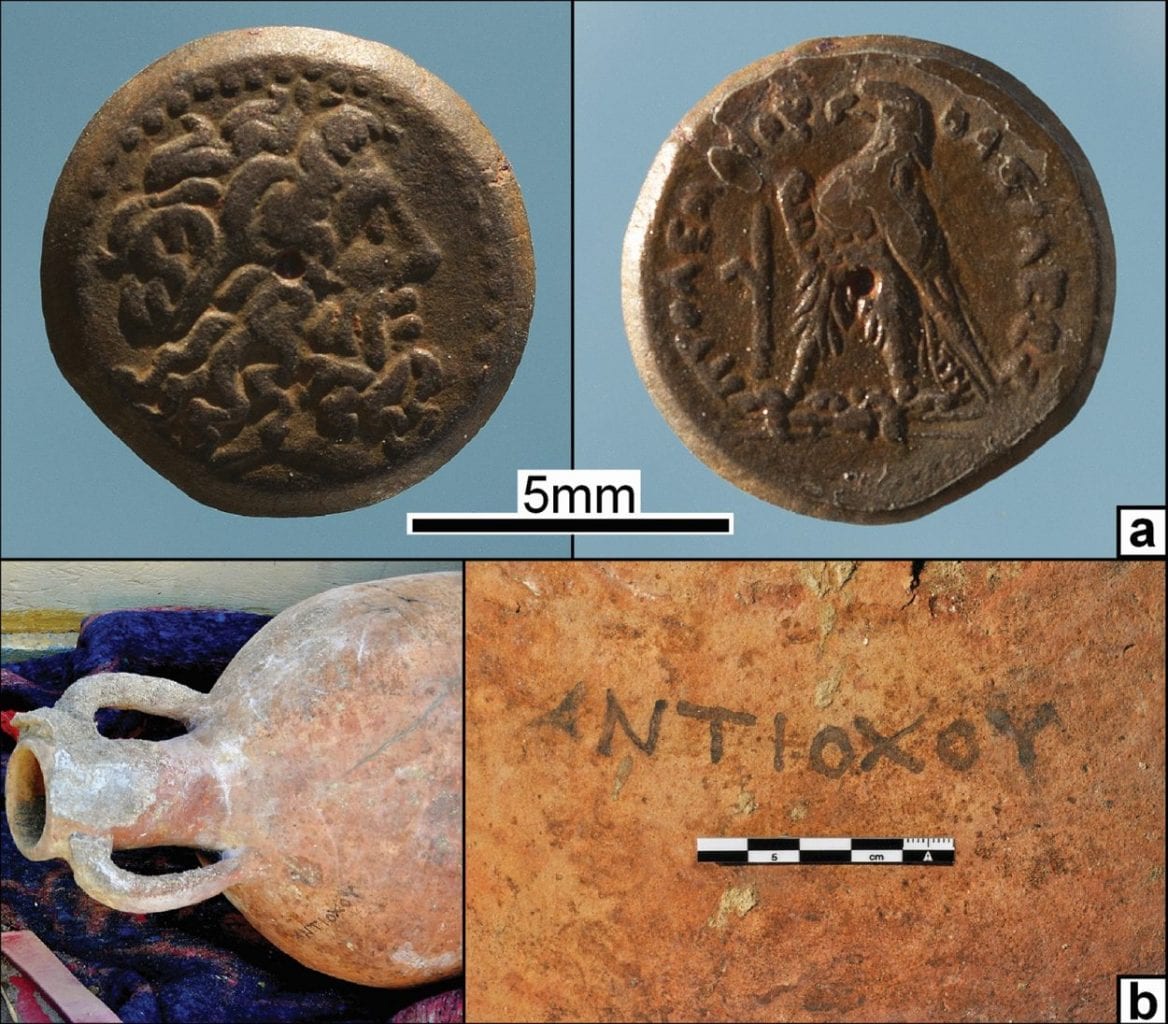Archaeology
Volcanic Eruption Led to the Abandonment of Ancient Egyptian City
Archaeologists conducting excavations of the fortified Ancient Egyptian city of Berenike suggest that a drought caused by a volcanic eruption led to the city's abandonment.
Berenike, also known as Berenice Troglodytica was founded in the 3rd century BC by Ptolemy II Philadelphus, upon a narrow rim of shore at the head of the Sinus Immunduson on the west coast of the Red Sea.
The city was named after his mother Berenice I, and served as a trading centre with the East Coast of Africa, India, and Arabia for the transportation of war Elephants and exotic goods.
The first stage of the Hellenistic period was interrupted by a period of abandonment for almost half a century around 200 BC, until the city was reoccupied in the latter part of the second century BC.
Archaeologists conducting studies of an ancient well used by the city garrison in a fortified gate complex, suggest that the city was abandoned due to climatic changes brought on by a volcanic eruption.

Previous research found that a volcanic eruption in 209 BC from an unidentified volcano ejected a significant amount of gas and ash into the atmosphere, shifting North-Eastern Africa's climate and causing a weakening of the annual Nile flood.
The failure of the Nile flood drove the Egyptian people to rise up against the Hellenistic rulers of Egypt in a period known as the 'Great Theban Revolt' of 207–186 BC.
This climatic event most likely disrupted the fragile climate of the Red Sea region driving the drought at Berenike, causing the well to dry up and be buried with windblown sand.
Archaeologists methodically removed the thick layers of sand filling the well, where they found coins, amphora, and other datable material that suggest the event happened at the very end of the third century BC.
The drought closed the desert route to Berenike and disrupted the long-distance sea routes that the city was dependent upon, resulting in the eventual abandonment. Find out more
Header Image Credit : Antiquity
-- Sent from my Linux system.
No comments:
Post a Comment